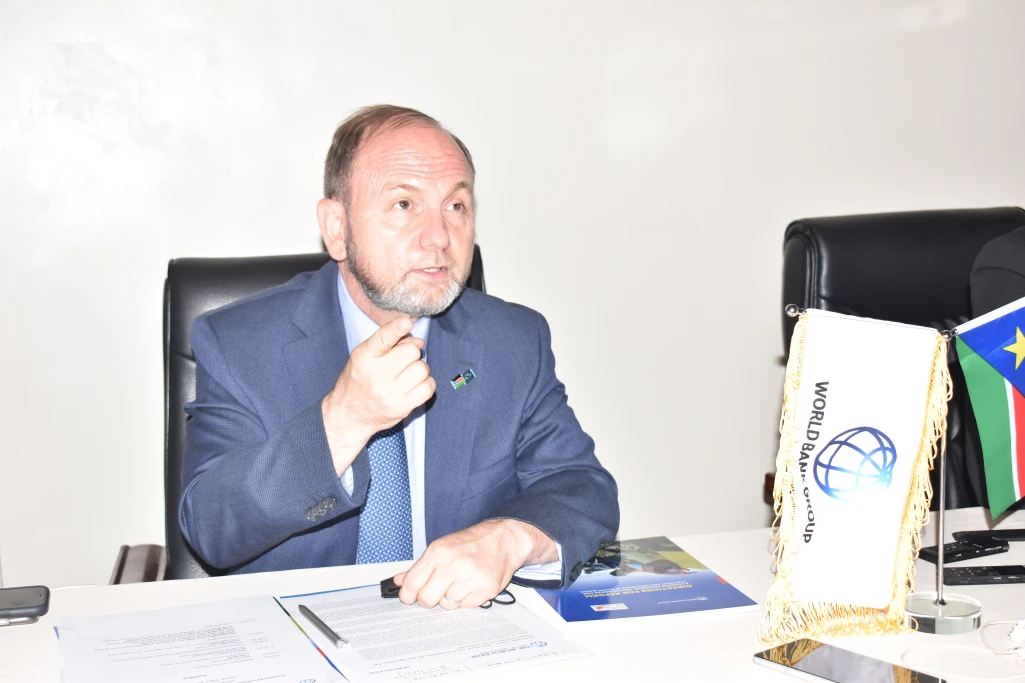
The World Bank South Sudan has launched an economic memorandum for recovery and resilience.
This is meant to guide policy makers on what the nation can do to sustain future growth and how to set the country free of food insecurity through agriculture and oil.
South Sudan has been affected economically by years of conflicts, the Covid-19 pandemic, climate shocks, and oil crisis.
According to World Bank, the memorandum focuses on the need for South Sudan to invest more in sectors that support its economic recovery and resilience.
‘’Given the fact that 90% of South Sudan exports comes from oil, agriculture remains the primary source of livelihood and the focus on endowments of natural capital such as oil and agricultural land is warrant in the early stages of recovery,” said Firaas Raad, World Bank Country Manager.
The World Bank reports that South Sudan total production of goods and services makes an estimated value of $5Billion every year.
Joseph Mawejje, World Bank’s Country Economist for South Sudan said, “South Sudan’s real GDP per capita in 2018 was estimated at one third of the counterfactual estimated for a non-conflict scenario.”
To realize its full potential, the bank stated, South Sudan need to consolidate peace and strengthen institutions as well as initiate targeted reforms tailored at harnessing its rich natural capital “for development impact as first order prerequisites for inclusive economic recovery.”
South Sudan Minister of Petroleum welcomed the launch of the economic reform agenda. Puot kang Chol said the memorandum will support the government in monitoring economic performance.
“Doing so help our government to…plan for future developmental programs, service delivery agenda based on economic outlook and the vital recommendations highlighted in all the economic recovery related publications of the World Bank,” he underscored.
This, he also believes, will strengthen measures of accountability and transparency within the oil sector.
“We take all these indicators positively because it gives us the opportunity to dialogue and discuss with any other relevance that can help us in the process of achieving transparency and accountability in the oil sector,” Puot added.